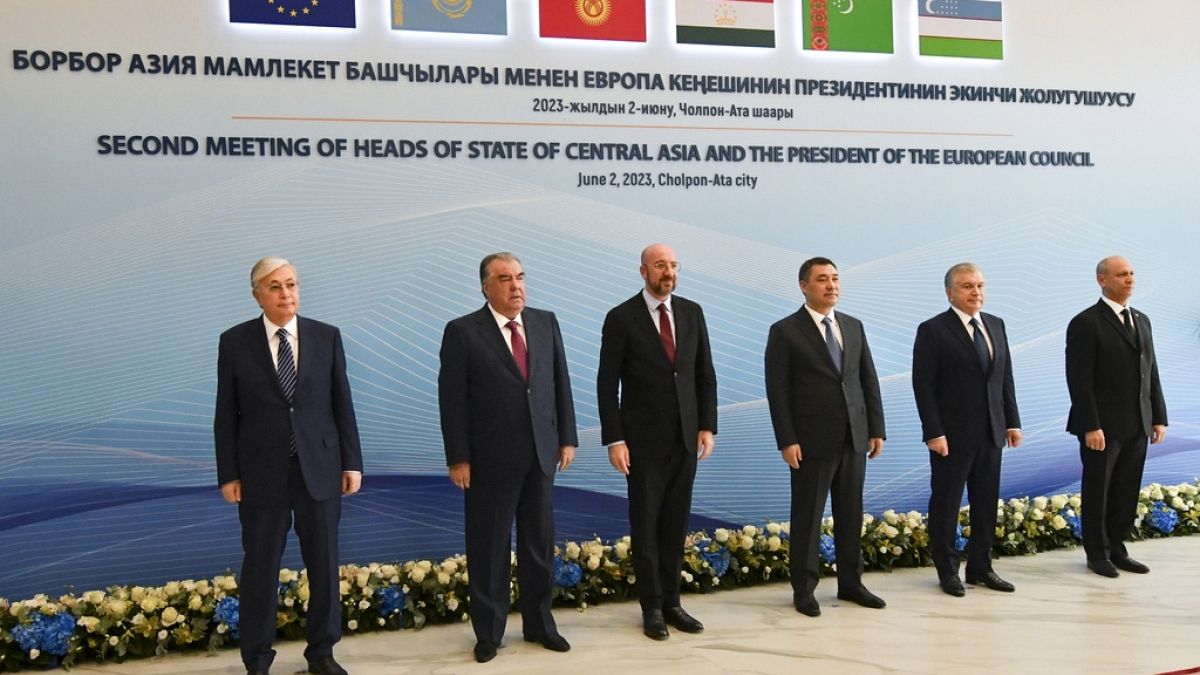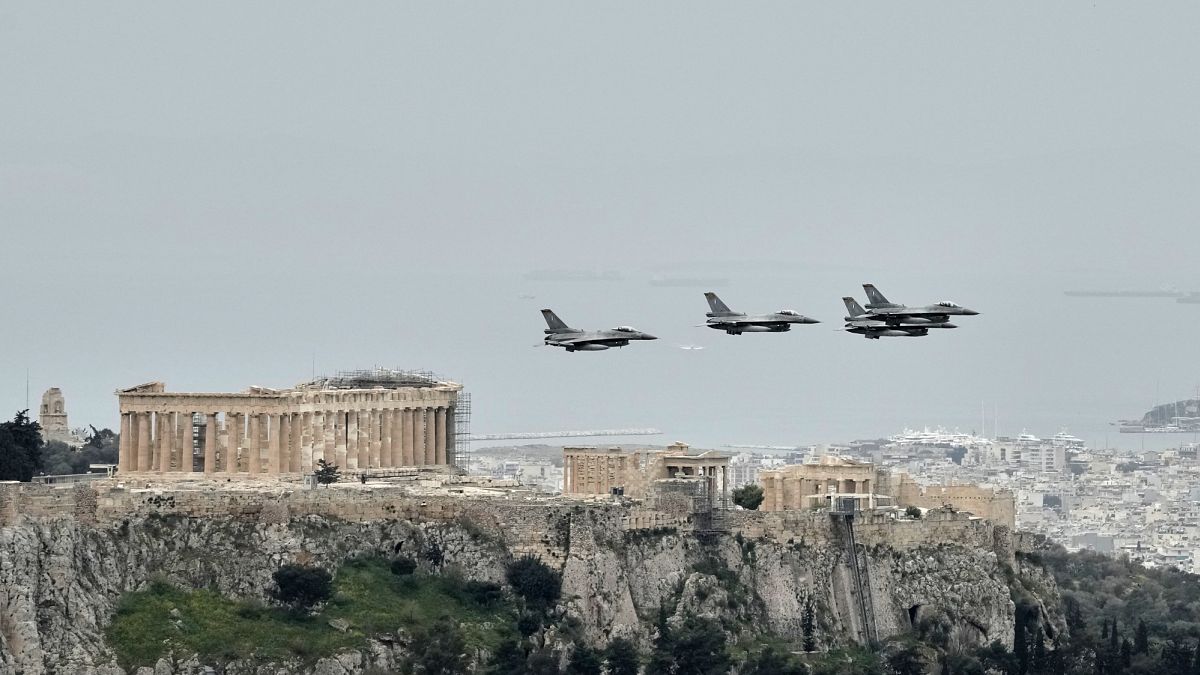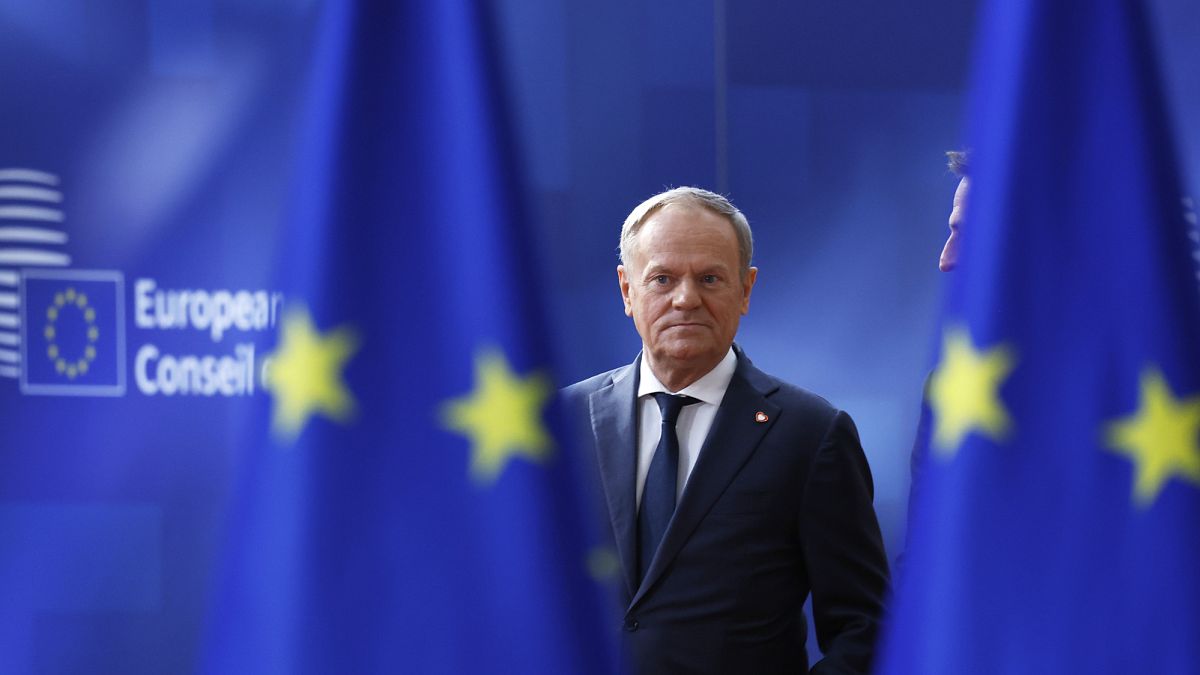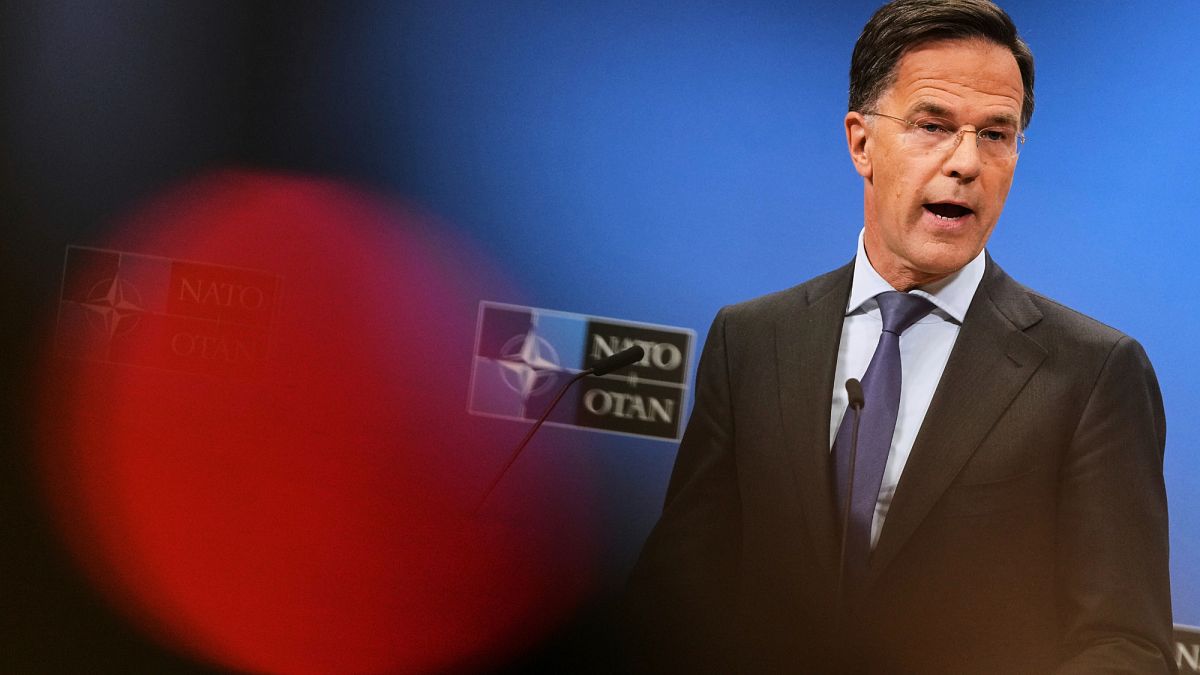Western and Middle Eastern leaders have been calling for restraint after Israel's retaliatory strikes against Iran early on Saturday.
British prime minister Keir Starmer urged "maximum restraint" in response to Israel's airstrikes on Iran early on Saturday.
Starmer was echoing the United States which put out a statement saying it would “urge Iran to cease its attacks on Israel so that this cycle of fighting can end without further escalation.”
Israel said the airstrikes were a response to the barrage of ballistic missiles the Islamic Republic fired upon it earlier in the month.
The Israeli military said its aircraft targeted facilities that Iran used to make missiles fired at Israel as well as surface-to-air missile sites. There was no immediate indication that oil or missile sites were hit — strikes that would have marked a much more serious escalation — and Israel offered no immediate damage assessment.
Saudi Arabia was one of multiple countries in the region condemning the strike, calling it a violation of Iran's "sovereignty and a violation of international laws and norms.”
The kingdom’s foreign ministry said it rejected the escalation in the region and “the expansion of the conflict that threatens the security and stability of the countries and people of the region.”
Turkey meanwhile accused Israel of having “brought our region to the brink of a greater war” following its strikes on Iran.
“Putting an end to the terror created by Israel in the region has become a historic duty in terms of establishing international security and peace,” the Foreign Ministry said in a statement.
It also called on the international community to take “immediate action to enforce the law and stop the Netanyahu government.”
But Israel’s opposition leader said the strikes on Iran didn't go far enough.
Yair Lapid criticised the decision to avoid “strategic and economic targets" in the attack.
"We could and should have exacted a much heavier price from Iran,” Lapid wrote on X.

 5 months ago
49
5 months ago
49






 We deliver critical software at unparalleled value and speed to help your business thrive
We deliver critical software at unparalleled value and speed to help your business thrive






 English (US) ·
English (US) ·